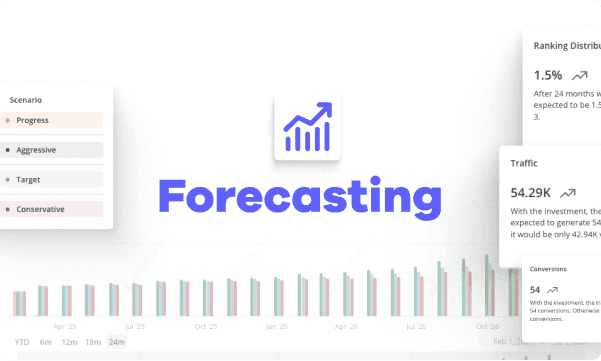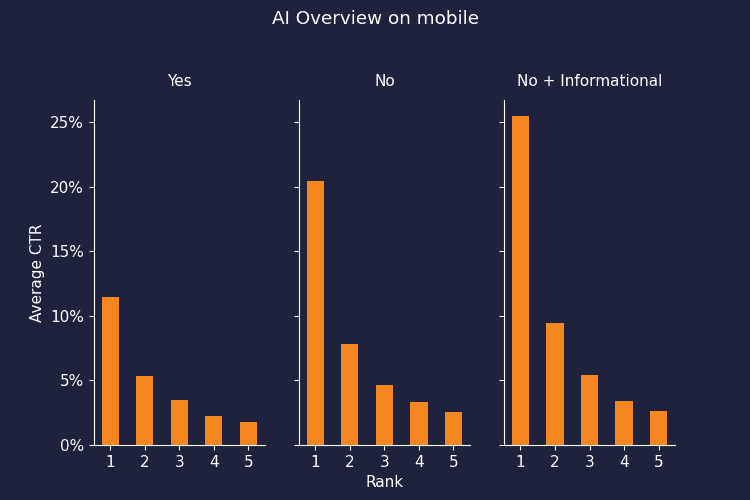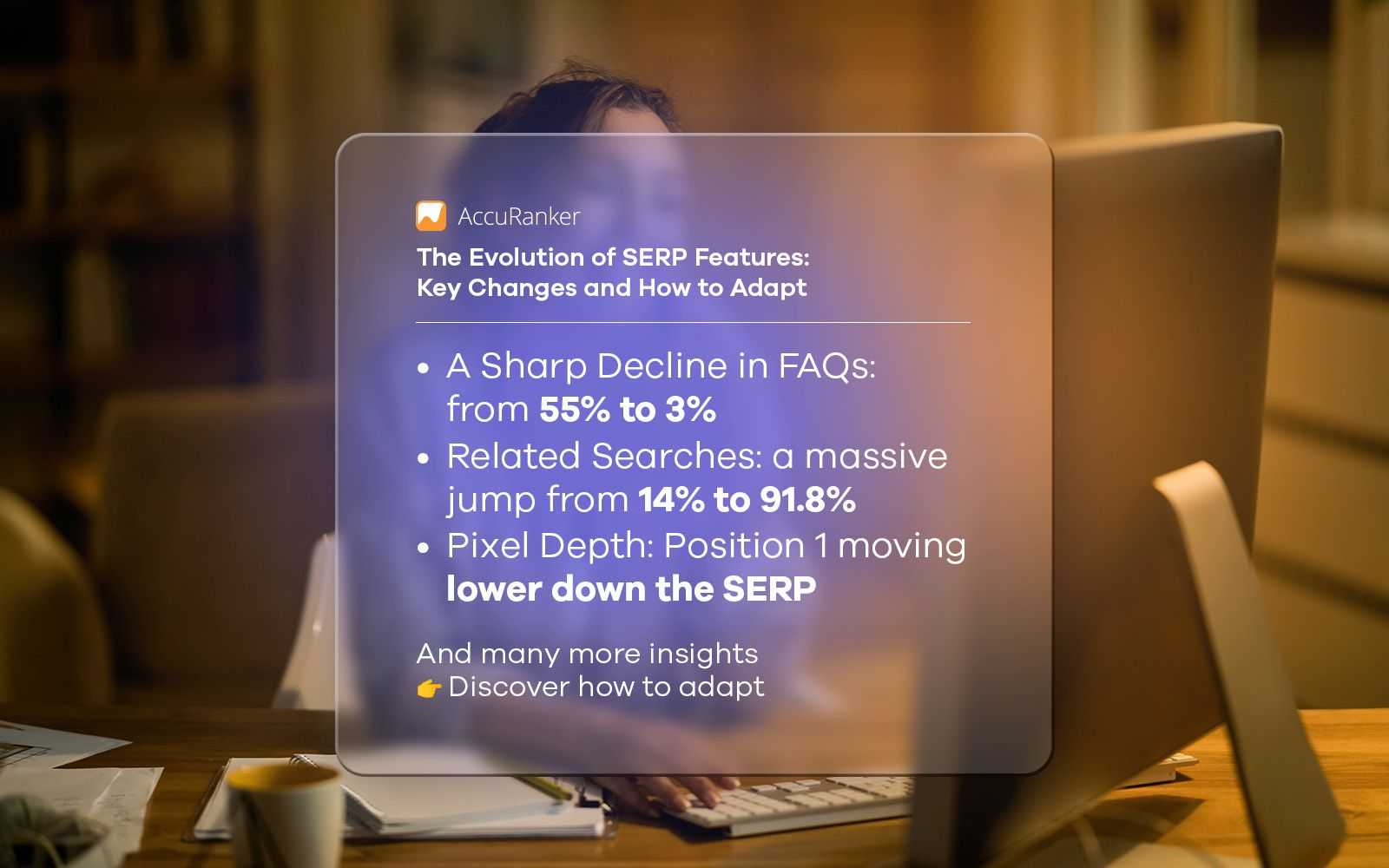Is the Google Merchant Centre parameter (srsltid) wreaking havoc in your SERPs?
Last updated on Tuesday, August 20, 2024
With Google constantly updating and testing new features for their search engine results pages, it seems inevitable that unintended bugs result as some of these tests.
One that AccuRanker noticed significantly increase in recent weeks is the presence of the Google Merchant Centre parameter being appended to result links in traditional search result listings, and not Merchant Centre results.
Barry Schwartz reported on this in his SE Round Table article on Monday 12th August, and a number of our customers are starting to see more and more of the srsltid parameter appearing in their results.
What is the Merchant Centre parameter?
It is a specific parameter appended to URLs, using the string ?srsltid= to help users track performance of pages ranking in Merchant Centre results in their Analytics by Google.
www.example.com/mens/product-black?srsltid=123xyz
Why could it wreak havoc?
This becomes problematic when the parameter is added to traditional organic search results, as it could falsely attribute traffic to merchant centre, when it is actually coming from organic search.
And as a unique parameter is generated for each user search result, there’s a vast number of URLs generated for a single landing page, flooding your analytics or reporting tools with duplicate, unnecessary information.
AccuRankers’ Findings
There was an initial spike in URLs appended with this parameter in early July, which subsequently was fixed, only to appear a week later and across a much wider range of domains in multiple markets - including the US, United Kingdom, Denmark and Australia. And it’s stuck around.
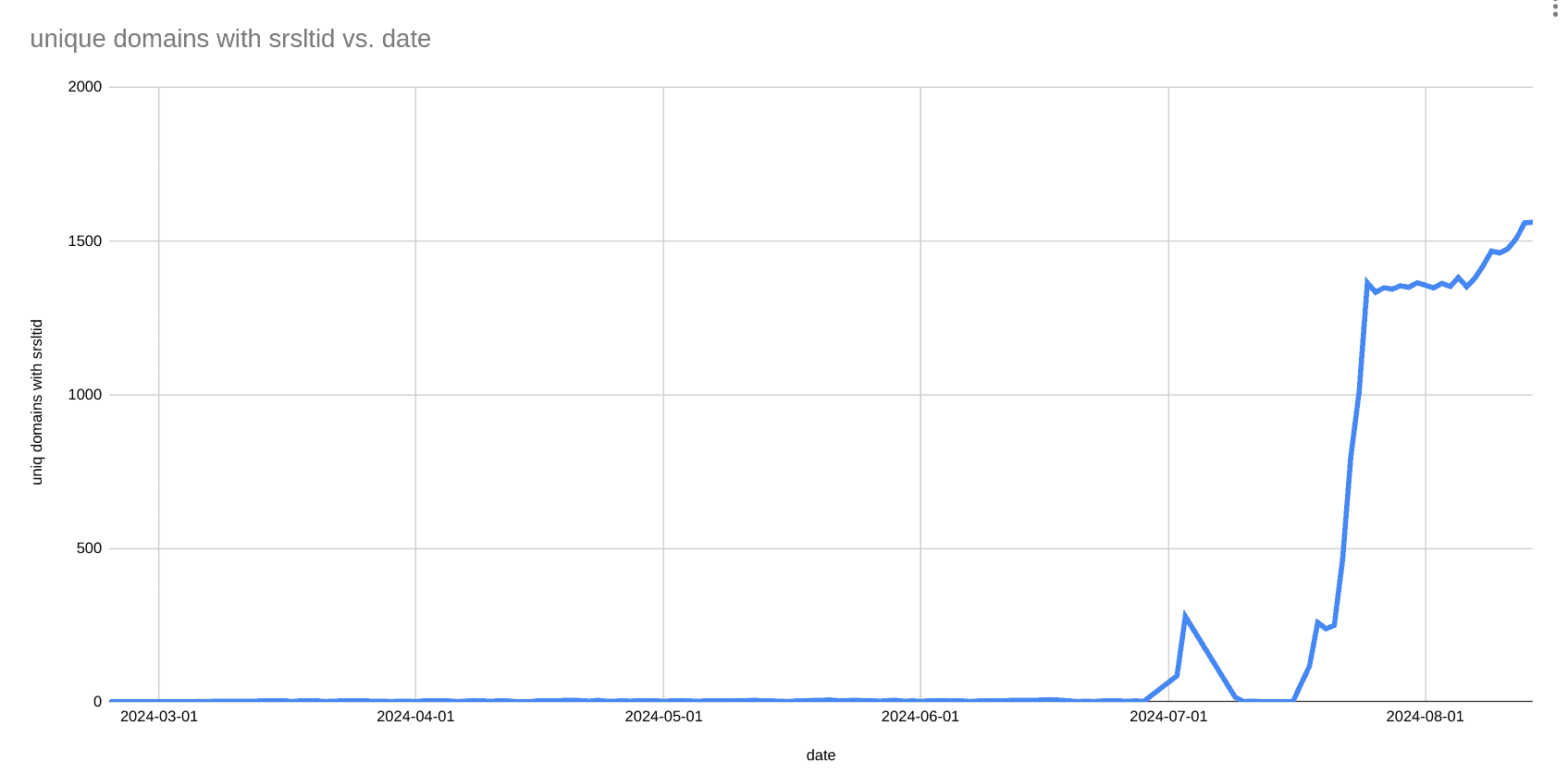
From the initial analysis of our database, it primarily affects results for queries targeting a transactional search intent, in which a Merchant Centre listing would typically appear. With a fair amount also appearing in informational intent keywords. This is from a sample set of ~1.8 million tracked keywords.
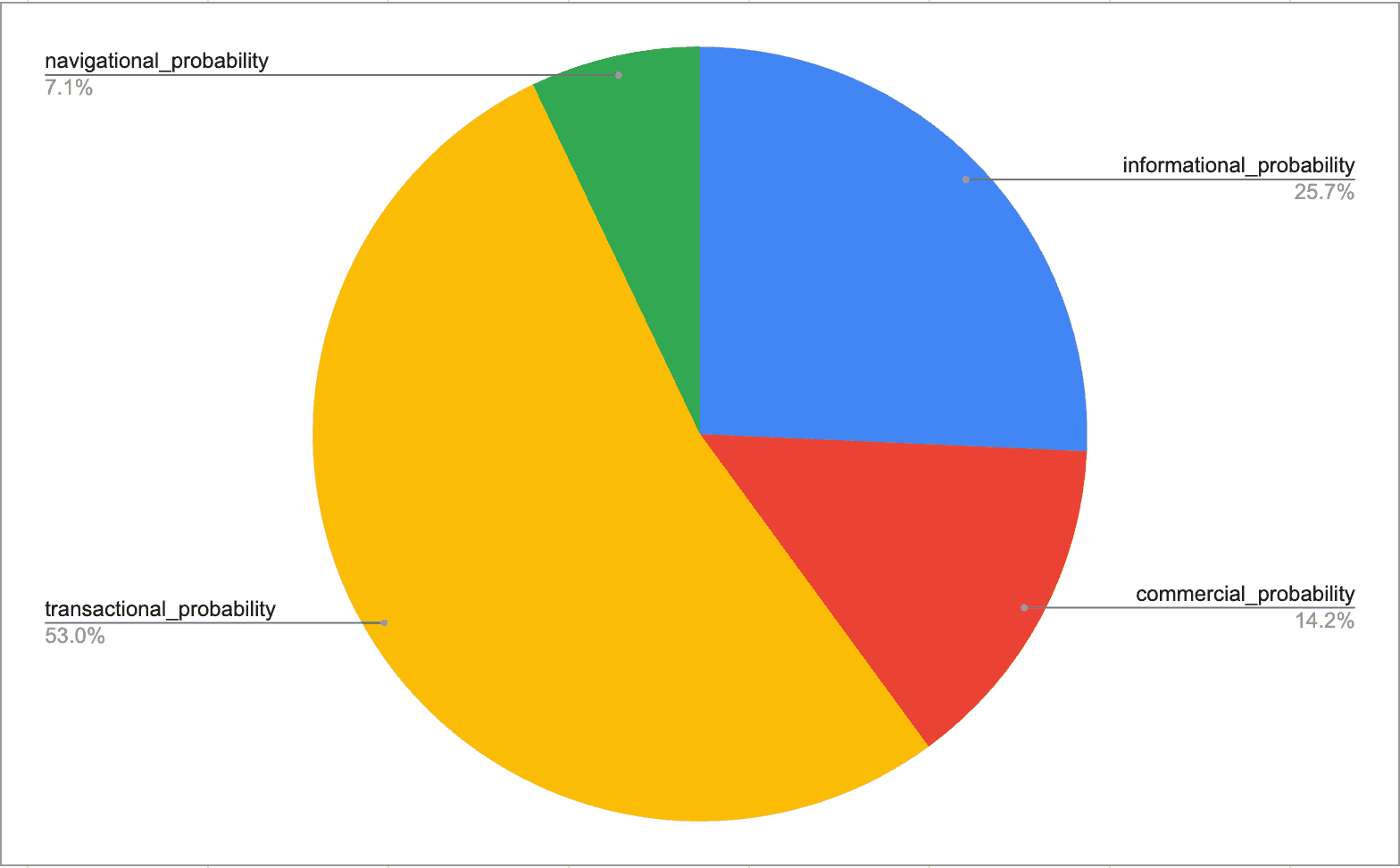
Take the below example: gucci mens black shoes in the UK. It is ranking in position #1 for organic search result, below the sponsored merchant center carousel, and contains the srsltid parameter.

How AccuRanker handles it?
Our team spotted this issue earlier this week, and have already resolved it for our users. We have stripped the parameter from URLs presented in dashboards for our userbase, while retaining the parameterised URLs within our database.
Hopefully this issue will be resolved soon, but it’s recommended to have your canonicals set-up correctly on your preferred landing pages as a preventative measure.

Article by:
Guy Swanborough
Commercial Customer Success Manager at AccuRanker
Guy is a Commercial Customer Success Manager at AccuRanker, based out of the UK. With over 10 years working in the SEO space for large, enterprise ecommerce businesses, and given him exposure to a wide range of challenges in the industry which he writes about.
